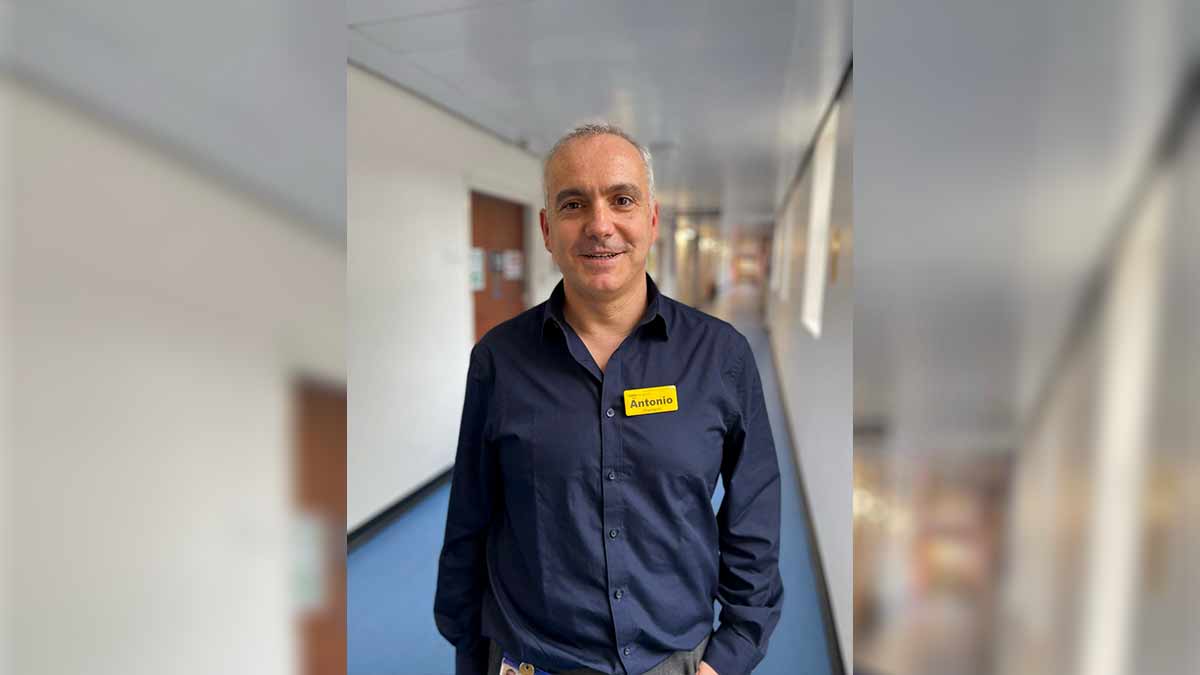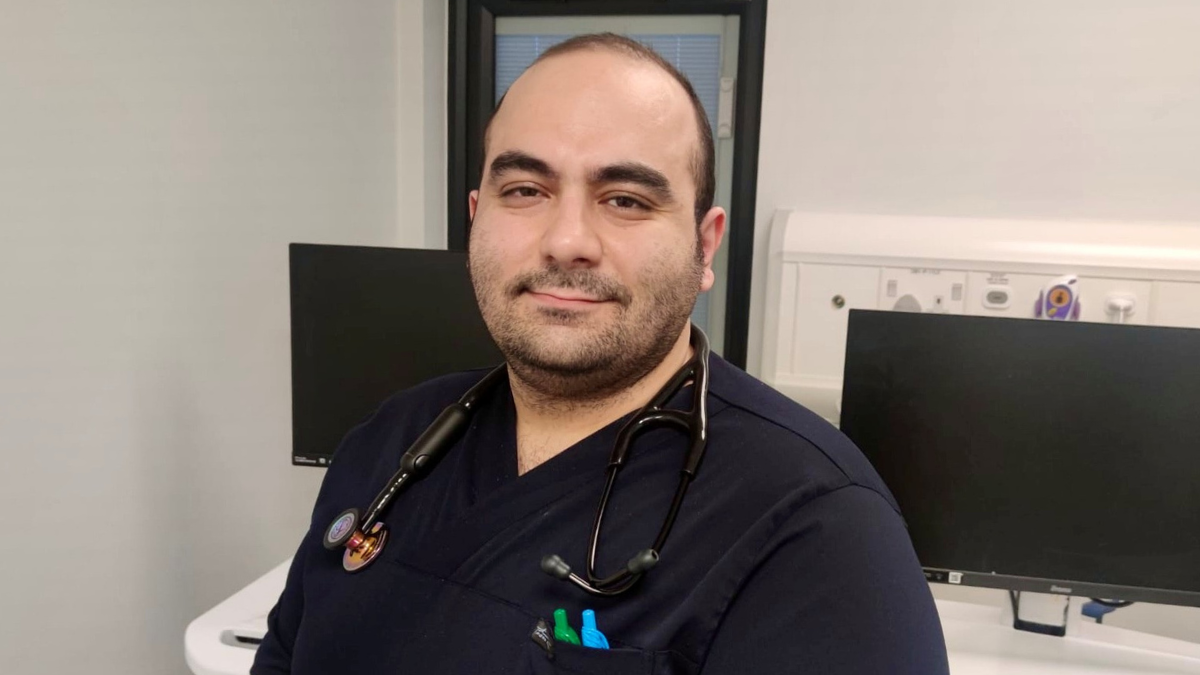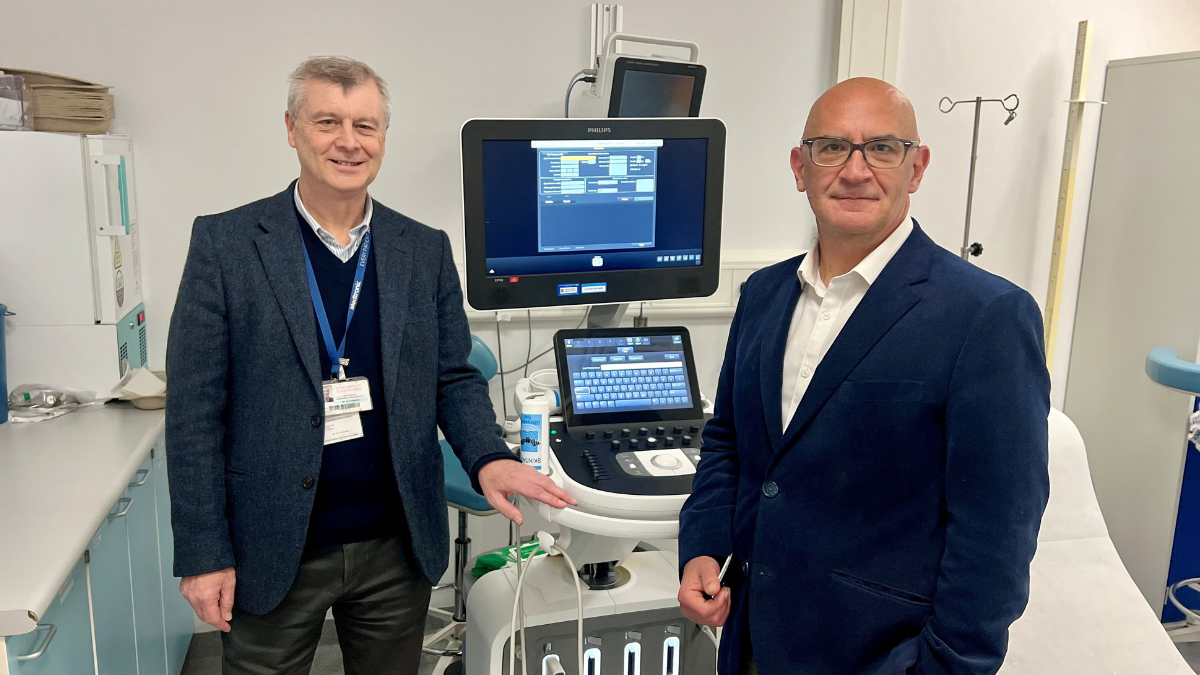UHB appoints first IMD Consultant Pharmacist in the UK
Published on 04/04/2025

University Hospitals Birmingham (UHB) has appointed the UK’s first Consultant Pharmacist in Inherited Metabolic Diseases (IMD). Antonio Ochoa-Ferraro has worked at UHB since 2017, initially joining as a specialist pharmacist. Over the years, he has progressed to the role of advanced clinical pharmacist and now holds the prestigious position of consultant pharmacist, marking a significant milestone in the treatment and care of patients with rare metabolic conditions.
Inherited metabolic diseases are a group of genetic disorders that affect the metabolism, often leading to dangerous imbalances of chemicals in the body. If left untreated, IMDs can result in organ damage and disabilities.
Antonio said: “I’m very grateful to be in this position. I have the support of a fantastic team and my managers, who have allowed me to pursue this recognition. At times, they had to push me to keep going, but their encouragement has been essential in helping me reach this point.”
The role is not confined to UHB alone; it has national and regional responsibility. Antonio’s role involves working independently within the team to see patients and help manage their medications while also taking on a crucial research and advisory role. He is involved in developing national guidelines and commissioning policies, collaborating with other metabolic centres, and contributing to both clinical and research projects.
Although the role of consultant pharmacist was established in 2005, it remains relatively rare, and Antonio is only the fifth pharmacist to be accredited in Birmingham.
As part of UHB’s metabolic services, Antonio and his team manage a national patient cohort, with some patients coming from as far as Cornwall due to the absence of other specialised centres in the Southwest.
For certain conditions, like Alstrom Syndrome, UHB serves as the national centre, making it a critical hub for the treatment of patients with these ultra-rare conditions. Antonio’s role includes coordinating care for these patients, ensuring that healthcare professionals across the country understand how to manage these rare diseases and provide reassurance to patients and families.
“Although patients may be treated in their local hospitals, we help coordinate care and educate healthcare providers on these rare conditions. It’s reassuring for patients to know that they are not only receiving the care they need but that it’s being managed by experts across the country who are dedicated to improving their lives.”


